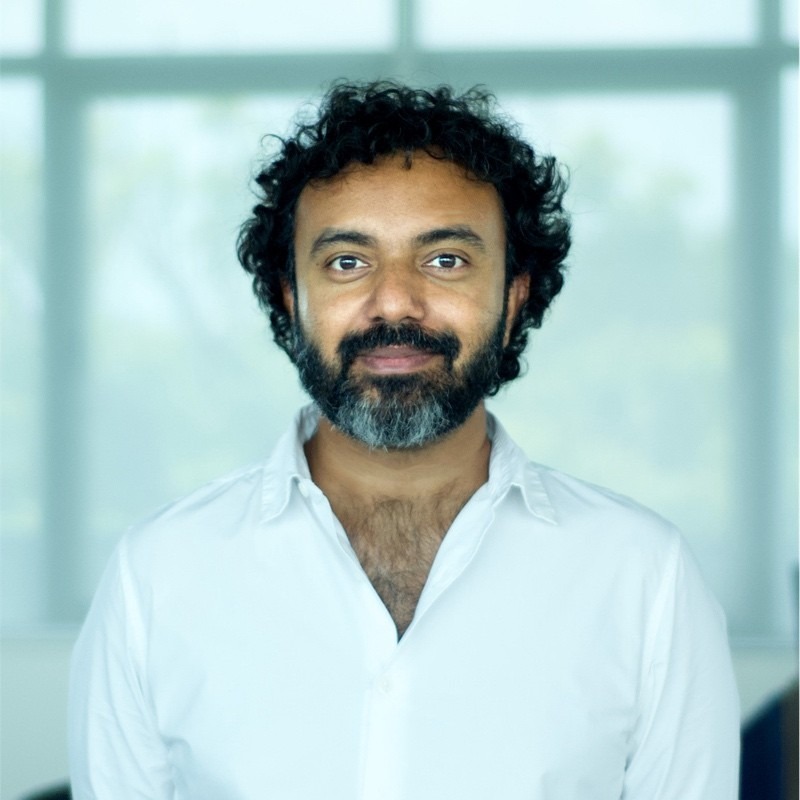With the impact of the pandemic on the global community, the importance of healthcare is at the forefront. While healthcare is a noble profession that majorly contributes to humanity, the contribution of IT Technology in healthcare has led to great facilities for the people in general and has impacted economies around the world. Medicircle presents an exclusive series featuring healthcare CEOs who are influential role models so that they can share their views on the future of the healthcare industry.
Sougat Chatterjee is the CEO, Preventive Health at Apollo Hospitals. He has been recognized as Marketing Professional of the Year 2018 by ET NOW , Asia’s Top 50 Brand Leaders 2017 by CMO Asia, India’s 100 Most Influential Marketing Leaders 2016 by World Marketing Congress, Keynote Speaker, Academic Advisor for Institute of Management Technology (IMT) & Bharatiya Vidya Bhavan's Usha & Lakshmi Mittal Institute of Management (BULMIM). For over two decades he has been driving profitability, top line growth and revitalizing businesses across FMCG, OTC, Pharma, Healthcare, Telecom & Consumer Durables. He has also been strategically involved in advisory roles for projects in e-commerce, retail, packaging, rural marketing, education, and e-recycling.
The Challenges in Hand
Sougat mentions, “India is a country of 1.35 billion people and there is no one-size-fits- all solution. Health lies in the context of social determinants like access, poverty, gender, and class inequalities. One needs to be sensitive to all. There is a need to focus on primary, secondary care, and preventive services to expand the reach and ensure early diagnosis and detection. Currently, tertiary and curative care is the need of the hour but concentrated in a few pockets and metros of the country only. Asset light models in specialized care which can be replicated in tier 2 and 3 cities need to be encouraged. Trained healthcare manpower also wants to migrate abroad and practice where bigger hospitals and infrastructure exists,” points out Sougat.
Remedial Solutions
Sougat emphasizes, “Compassion and equity in healthcare need to be pushed and healthcare models which address large populations should be implemented. One needs to create manpower with basic skills across different forms of healthcare systems which is being done by the government. It would not be immediately accepted by all but is one of the solutions to plug the gap in this vast country. There needs to be a cadre of healthcare practitioners who can detect and refer people as early as possible in the healthcare system. There is a need to push infrastructure creation along with insurance providers for the poor and needy.”
He further drives in the point, “The Atma-nirbhar initiative gives a push towards self-reliance in infrastructure and medical devices production. Digital transformation can help people access healthcare but it also needs to be balanced with its use and ease of adoption. Entrepreneurship in healthcare should be encouraged and doctors and business teams who want to venture and set up facilities in rural areas should be incentivized. There is an opportunity to explore better private-public partnerships. The Bhore committee report of 1946 still is the fundamental report which focuses on holistic care in the country to tackle communicable and non-communicable diseases. Therefore, creating skilled manpower, asset-light specialized models which could be scaled up across the country, digital transformation, addressing social inequalities can help us address these issues,” says Sougat.
Need to Utilize Lessons from Pandemic
Sougat explains, “There is a need to learn from the social fissures and health care infrastructure deficiencies which have been bought to the fore. These cracks were there in the system and the patients were falling through it earlier. But the covid times have bought issues of access, mental health, availability of services to the forefront. It might happen that these concerns might again recede to the background once this exigency of the pandemic subsides. We hope that our country and civil society, administrators and politicians learn and reflect and use this adversity to bring in the necessary changes to our healthcare system. We need to liberalize healthcare so that all sections of the society irrespective of their gender, equity, class, and caste can access healthcare.”
Pressing Issues to be Addressed
Sougat is of the viewpoint that “Though there is a push to digital healthcare, we need to see that all sections of our country can access it like the banking and telecom revolution. The digital and telemedicine transformation needs to start from our doctors and healthcare staff to start using it actively. There is a need to have empathy as the out-of-pocket expenditure is still about 70% and above and the insurance penetration is still very less. Trained manpower at the grassroots level where our majority of the population resides needs to be pushed which the government has started doing. There is a need to focus on prevention and tackle non-communicable diseases and mental health issues urgently. We need to quickly start plugging these gaps rather than again pushing them under the carpet. We have been having an ostrich-with-its-head-in-the-sand-approach towards these areas and its high time we invest our energies into it with a long-term perspective apart from looking to generate profits and returns immediately. It is evident from the pandemic that if the society enjoys good physical and mental health, then rest follows as a consequence of better employment, opportunities, and economic growth. Healthcare will occupy an important role in our lives if we pay heed to the lessons imparted and if we are vigilant and humble to imbibe them and take steps,” advises Sougat.
More Investments in Healthcare Required
Sougat mentions, “There is a need to increase investment in the healthcare sector. There is also a need to change the paradigm of healthcare delivery through asset-light models, prevention, and primary care services. There is a need to address the inequalities existing in society. We do compare the investments done in developed countries but we would need to tweak what are the problems we are facing and invest accordingly long term. Impact on healthcare outcomes takes a long time and areas of primary care and mental health, medical devices, specialized care centers in tier 2 and 3 cities, and access to insurance are needed. We need to increase our spending to at least 8% of the GDP and build manpower and infrastructure across the rural and semi-urban areas in the country. Healthcare is a fundamental right. Covid 19 has exposed the gaps and lacunae in our healthcare system and we need to start urgently addressing it by increasing the investment and making healthcare more accessible and affordable to all,” says Sougat.
(Edited by Amrita Priya)
Contributed By: Sougat Chatterjee, CEO, Preventive Health, Apollo Hospitals
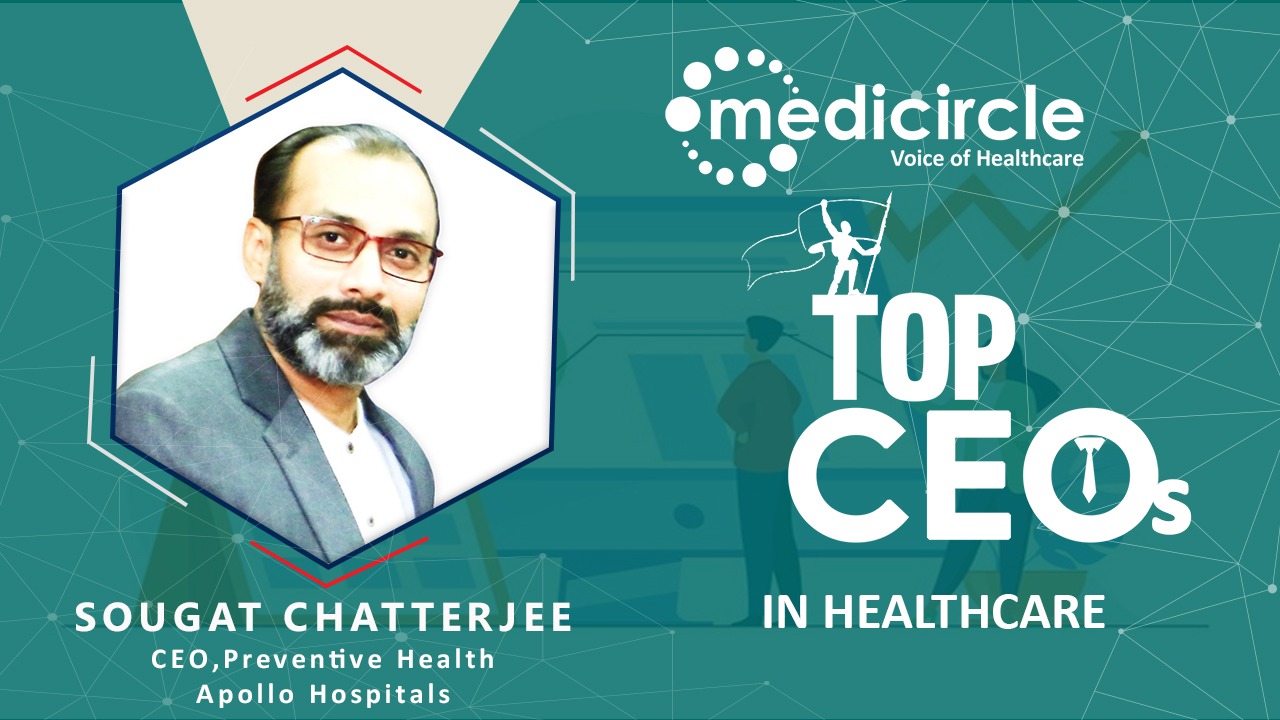
 Sougat Chatterjee, CEO, Preventive Health, Apollo Hospitals highlights the pressing issues to be addressed in the healthcare segment so that the country blooms with better facilities across demographics.
Sougat Chatterjee, CEO, Preventive Health, Apollo Hospitals highlights the pressing issues to be addressed in the healthcare segment so that the country blooms with better facilities across demographics.










.jpeg)


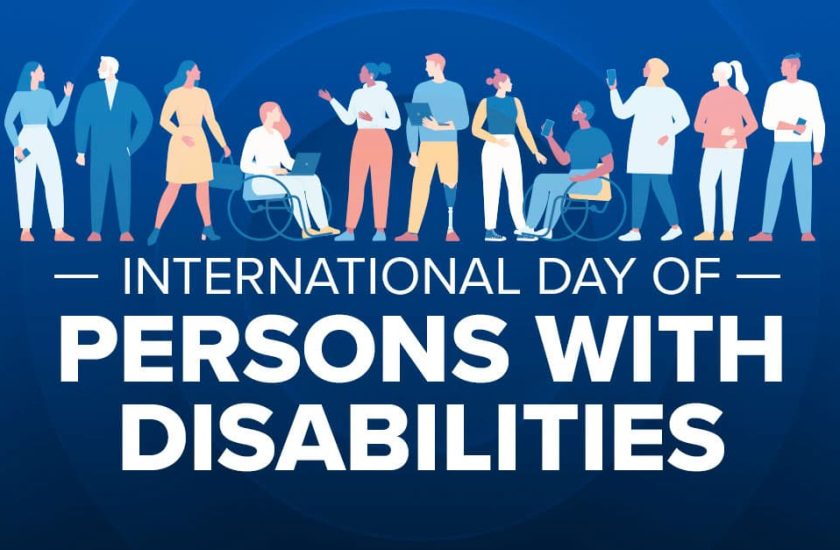



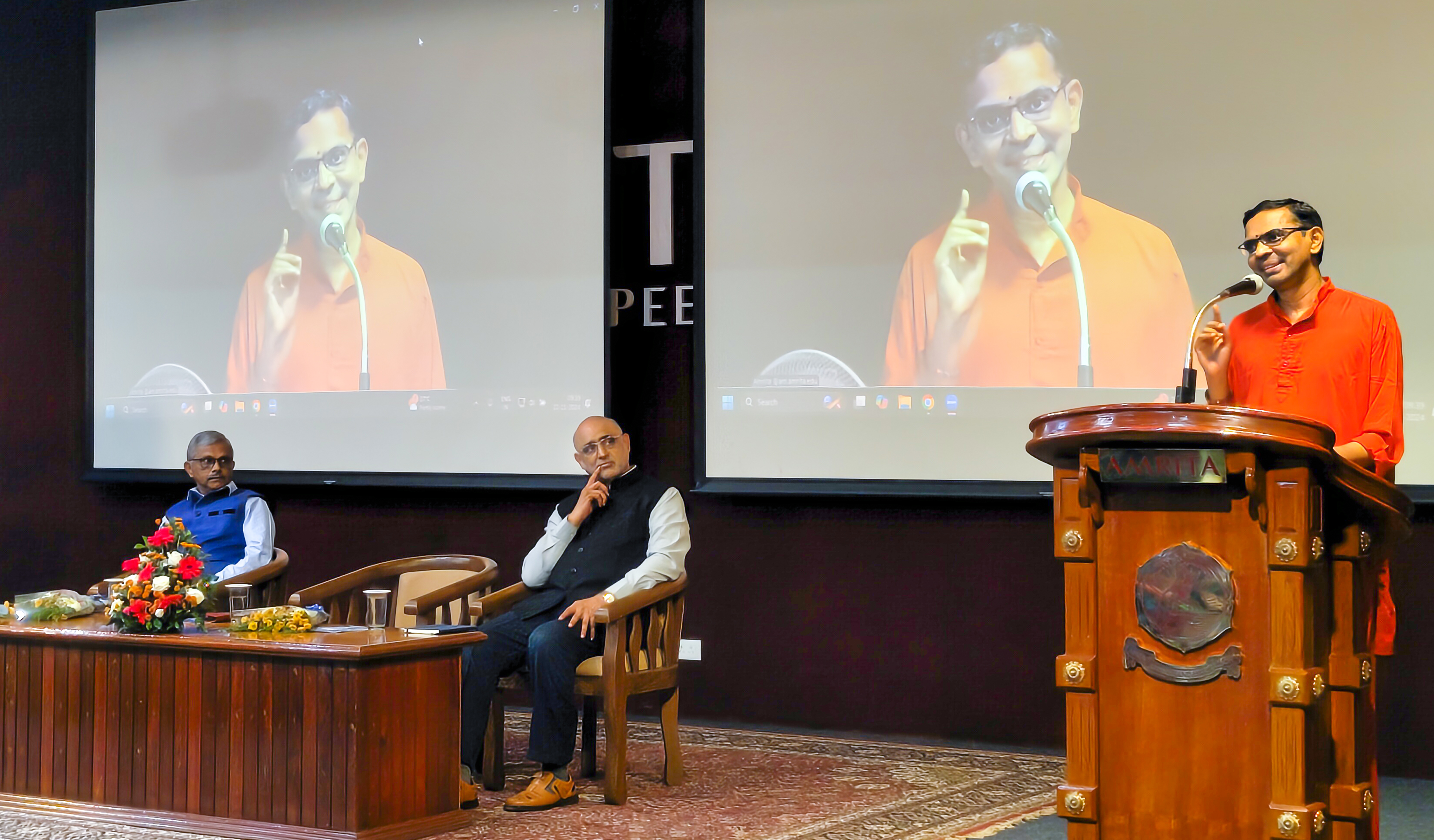
.jpg)
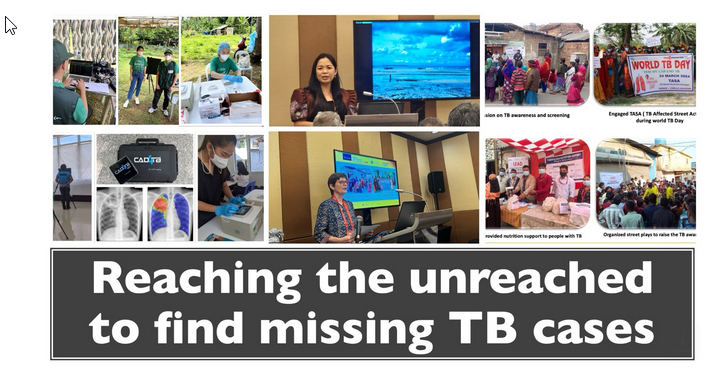


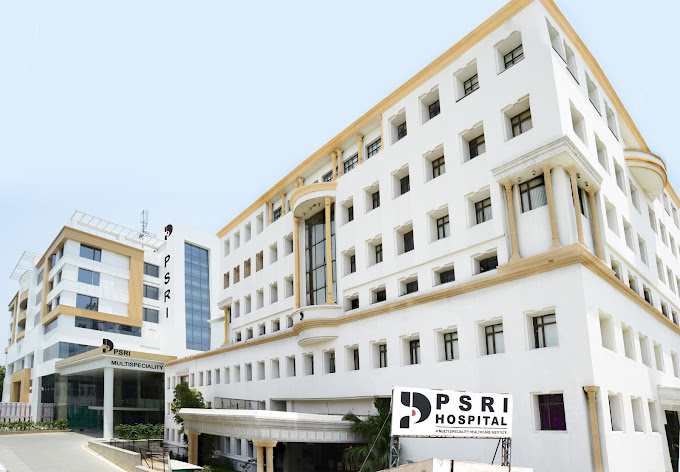
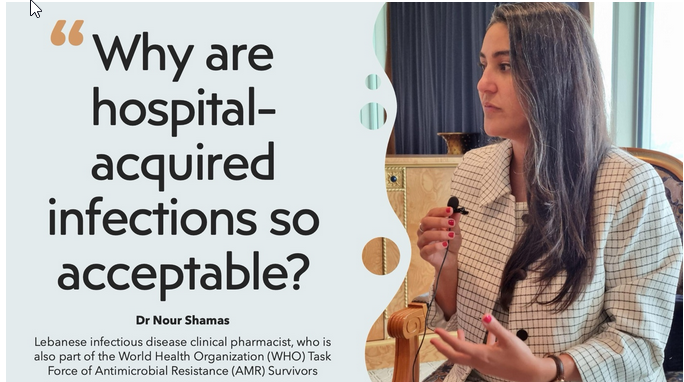
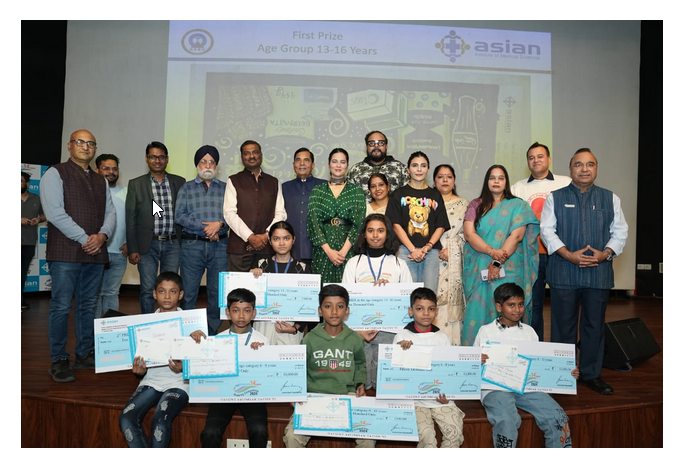

.jpg)



